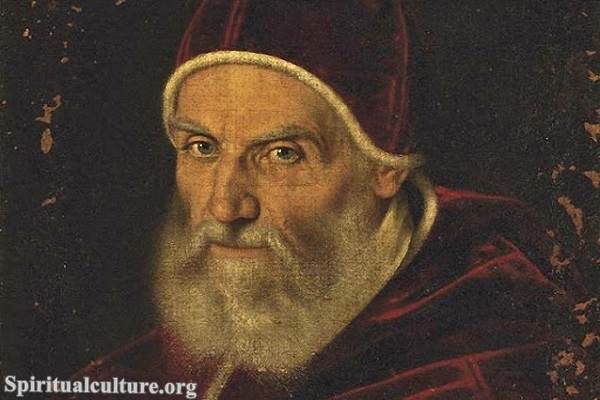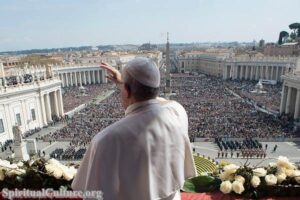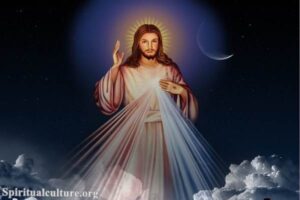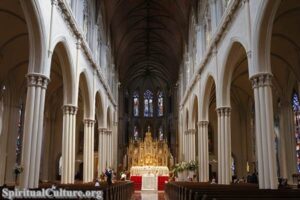Pope Gregory XIII is best known for his reform of the Julian calendar, which had been in use since 45 BC.
The Julian calendar, introduced by Julius Caesar, had a leap year every four years, but this system slightly overestimated the length of a solar year, leading to a gradual drift of the calendar year away from the astronomical year. By the time of Pope Gregory XIII, the Julian calendar was about 10 days behind the solar year.

In order to fix this problem, Pope Gregory XIII convened a commission of astronomers and mathematicians to come up with a new calendar. The resulting Gregorian calendar, introduced in 1582, made a number of adjustments to the Julian calendar to bring it back in line with the solar year.
The Gregorian calendar eliminated 10 days from the year 1582 and made changes to the leap year system, with a leap year occurring every four years, except for years divisible by 100 but not by 400. This system is still in use today as the internationally recognized standard calendar.
Pope Gregory XIII was also known for his patronage of the arts and sciences, and for his efforts to promote Catholicism in Europe and beyond. He was canonized as a saint by Pope Gregory XV in 1622.
In addition to his calendar reform, Pope Gregory XIII also made significant contributions to the Catholic Church during his papacy. He founded several new seminaries and missionary colleges, including the Collegio Romano, which later became the Pontifical Gregorian University. He also established the Congregation of the Propaganda Fide, which was responsible for promoting and overseeing missionary activity around the world.
Pope Gregory XIII was also known for his efforts to combat heresy and strengthen the Catholic Church. He authorized the creation of the Index Librorum Prohibitorum, a list of prohibited books that were deemed to be heretical or otherwise dangerous to the faith. He also supported the Inquisition, a Church tribunal that investigated and prosecuted cases of heresy.
Despite these controversial measures, Pope Gregory XIII was widely respected for his intellect, piety, and kindness. He was known for his charitable works, including the establishment of hospitals and orphanages in Rome. He also oversaw the construction of the Ponte Sisto, a bridge over the Tiber River in Rome that is still in use today.
Pope Gregory XIII died on April 10, 1585, at the age of 83. He was succeeded by Pope Sixtus V. Today, he is remembered for his contributions to the Catholic Church and for his reform of the calendar, which remains an essential tool for organizing and scheduling events around the world.





